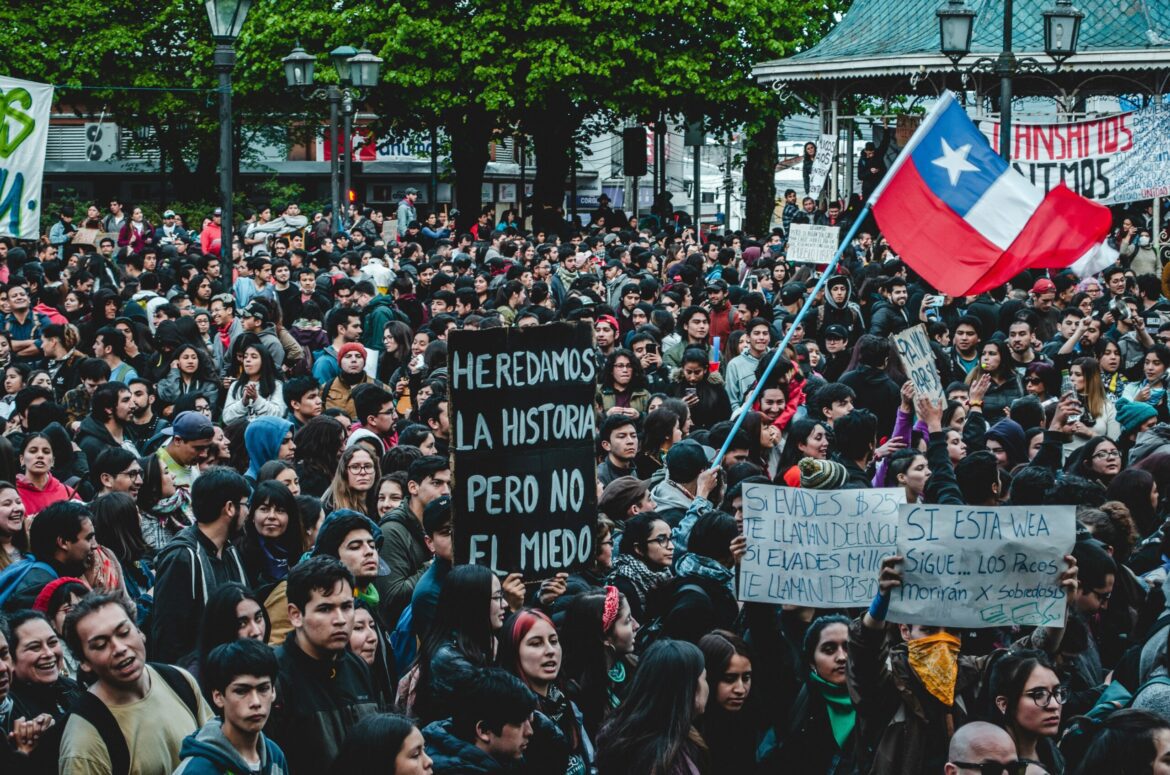Orange County found itself at the center of a heated legal and political battle in mid-August as allegations emerged that its 2021 redistricting process intentionally undermined Latino communities. A coalition of civil rights organizations, including local advocacy groups and legal nonprofits, filed a formal lawsuit in California state court accusing the Board of Supervisors of gerrymandering districts to dilute Latino political influence, in violation of the California Voting Rights Act (CVRA).
Allegations of Racial Gerrymandering
At the heart of the legal complaint is the charge that the district lines drawn after the 2020 Census fragmented historically Latino neighborhoods, particularly in Santa Ana and Anaheim. According to the plaintiffs, this fragmentation suppressed the electoral strength of Latino voters and denied them a fair opportunity to elect candidates of their choice. The lawsuit claims the redistricting map strategically split cohesive Latino communities into separate districts, thereby diminishing their collective voting power and political voice.
Rebecca Solorio, one of the attorneys representing the plaintiffs, argued, “These lines were drawn to preserve power—not reflect people.” The civil rights coalition asserts that the map violates the CVRA’s mandate to ensure that minority groups have equal opportunity in the political process, and it calls for the map to be redrawn under judicial oversight.
County’s Response and Defense
In response, members of the Orange County Board of Supervisors have vigorously denied any wrongdoing. Supervisor Don Wagner was quick to dismiss the accusations as “politically motivated,” stating, “We followed the letter of the law.” The Board maintains that the redistricting process was conducted transparently and grounded in demographic data, public input, and legal requirements.
The county argues that its approach reflected population shifts and preserved communities of interest to the extent possible. However, critics say the process lacked meaningful engagement with marginalized communities and disproportionately benefited incumbents.
Political Fallout and Calls for Reform
The lawsuit sparked immediate political repercussions. Local leaders in Santa Ana and Anaheim—cities with substantial Latino populations—demanded greater transparency and accountability in future redistricting efforts. Several state lawmakers weighed in, advocating for the establishment of an independent redistricting commission to eliminate perceived conflicts of interest at the county level.
Calls for reform intensified as community groups organized town halls and press conferences, urging voters to scrutinize the Board’s decisions. The controversy has already become a central theme in upcoming local and state political campaigns, with candidates positioning themselves either in support of or against the current redistricting map.
Looking Ahead
The legal battle is expected to stretch into the coming year and could have sweeping implications for how districts are drawn in Orange County. If the court sides with the plaintiffs, it may order the map to be redrawn, potentially shifting political power in key areas. Regardless of the outcome, the case highlights growing concerns over fair representation, community equity, and the role of race in shaping political boundaries.

